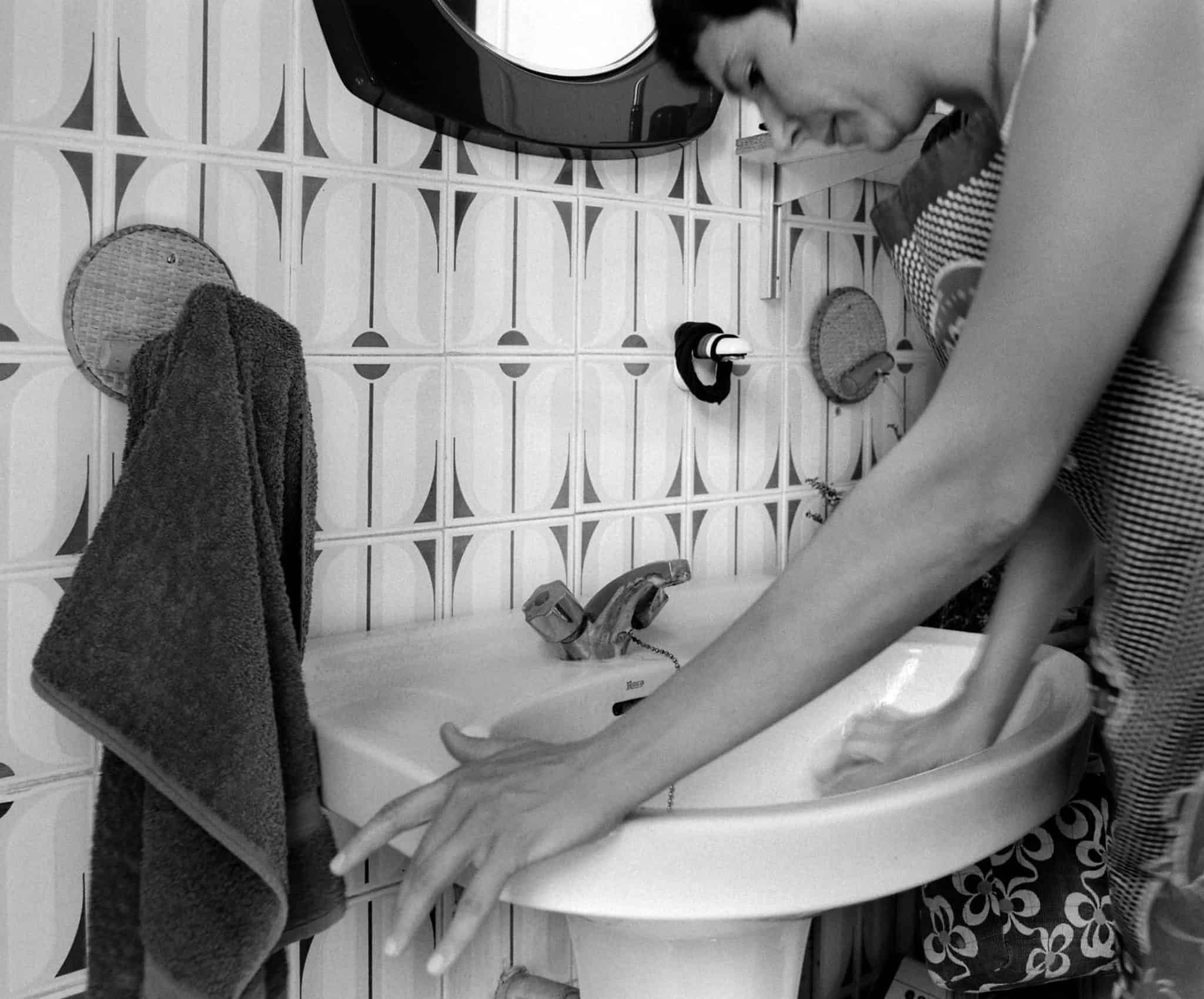An op-ed in the New York Times reports that the value of women’s unpaid labor across the world last year was $10.9 trillion. This estimate comes from a recent report by Oxfam, which calculates how much women would have made had they been paid the minimum wage in their country of residence for time spent on routine shopping for necessary household goods, child care, tending to the elderly and other household or non-household members, and other unpaid activities related to household maintenance. The value of women’s unpaid labor, the report notes, is more than the combined revenue of the 50 largest Fortune 500 companies. In the United States, where women perform an average of four hours of unpaid work per day, the value of women’s unpaid labor last year was $1.5 trillion. Men in the United States only perform two and a half hours of unpaid work per day.
The Times also reports on the evolution of the labor market for doctoral students, and its current bleak state. In 1995, approximately half of people employed teaching college had tenure or were on track to get it. Today, most people teaching college are adjunct professors, part-time faculty, or both. Many of those people earn only a few thousand dollars per course, with no health insurance or retirement benefits. Twenty-five percent of part-time faculty receive some form of public assistance. This change has been driven by an increase in the number of Ph.D.s awarded and a decrease in the number of college students. This imbalance in supply and demand drives down wages for adjunct professors. Tenured professors, however, have likely benefitted—when adjunct professors are willing to work for less, universities can hire more of them to teach classes and free up time for tenured faculty to conduct research.
On Thursday, the Department of Labor announced a new rule requiring labor organizations with total annual receipts of $250,000 to file annual financial reports concerning their trusts. In its news release announcing the rule, the Department noted the recent convictions of UAW and Fiat Chrysler officials for embezzling union funds, and asserted that the embezzlement would have been caught sooner had the rule been in place.
Just hours after the Department of Labor announced its new rule, federal prosecutors announced embezzlement charges against former UAW president Gary Jones. Jones is accused of misusing over $1 million in union funds for meals, golf outings, cigars, clothing, and other personal purchases. In a news conference in Detroit, Matthew Schneider, the US Attorney for the Eastern District of Michigan and the lead prosecutor on the case, hinted at the possibility of a federal takeover of the UAW, saying that federal oversight could be a “good model here.”






Daily News & Commentary
Start your day with our roundup of the latest labor developments. See all
March 3
In today’s news and commentary, Texas dismantles their contracting program for minorities, NextEra settles an ERISA lawsuit, and Chipotle beats an age discrimination suit. Texas Acting Comptroller Kelly Hancock is being sued in state court for allegedly unlawfully dismantling the Historically Underutilized Business (HUB) program, a 1990s initiative signed by former Governor George W. Bush […]
March 2
Block lays off over 4,000 workers; H-1B fee data is revealed.
March 1
The NLRB officially rescinds the Biden-era standard for determining joint-employer status; the DOL proposes a rule that would rescind the Biden-era standard for determining independent contractor status; and Walmart pays $100 million for deceiving delivery drivers regarding wages and tips.
February 27
The Ninth Circuit allows Trump to dismantle certain government unions based on national security concerns; and the DOL set to focus enforcement on firms with “outsized market power.”
February 26
Workplace AI regulations proposed in Michigan; en banc D.C. Circuit hears oral argument in CFPB case; white police officers sue Philadelphia over DEI policy.
February 25
OSHA workplace inspections significantly drop in 2025; the Court denies a petition for certiorari to review a Minnesota law banning mandatory anti-union meetings at work; and the Court declines two petitions to determine whether Air Force service members should receive backpay as a result of religious challenges to the now-revoked COVID-19 vaccine mandate.